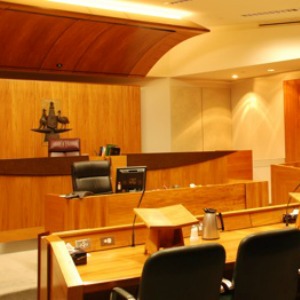New laws proposed recently by NSW Attorney-General Gabrielle Upton would ease District Court backlog, allowing faster and fairer access to justice, both for lawyers and their clients, the state government said.

The Crimes Procedure Amendment (Summary Proceedings for Indictable Offences) Bill 2016, unveiled late last week, would allow some property-related crimes currently dealt with in the District Court to be heard in the Local Court.
“Allowing these offences to be heard by the Local Court will mean approximately 25 fewer criminal trials in the District Court every year and [will] put a dent in the criminal trial backlog,” Ms Upton said, commenting on the new laws.
“It will reduce delays and uncertainty for victims and witnesses while they wait for matters to be resolved, which can be achieved faster in the Local Court.
“It also means earlier resolution for offenders, and access to support and supervision for rehabilitation,” she said.
The reform package also includes funding for one new magistrate and two police prosecutors to support the additional work in the Local Court.
The NSW Department of Justice will conduct a 12-month review of the reforms, focusing on the sentencing and the workload of the Local Court, District Court and justice agencies.
The proposed new laws form part of the $570 million package announced in the 2016-17 budget to support comprehensive reform of the Australian justice system, including immediate measures to decrease demand on courts and to reduce re-offending.

Emma Musgrave (née Ryan) is the managing editor, professional services at Momentum Media.
Emma has worked for Momentum Media since 2015, including five years spent as the editor of the company's legal brand - Lawyers Weekly. Throughout her time at Momentum, she has been responsible for breaking some of the biggest stories in corporate Australia. In addition, she has produced exclusive multimedia and event content related to the company's respective brands and audiences.
Prior to joining Momentum Media, Emma worked in breakfast radio, delivering news to the Central West region of NSW, before taking on a radio journalist role at Southern Cross Austereo, based in Townsville, North Queensland.
She holds a Bachelor of Communications (Journalism) degree from Charles Sturt University.
Email Emma on: